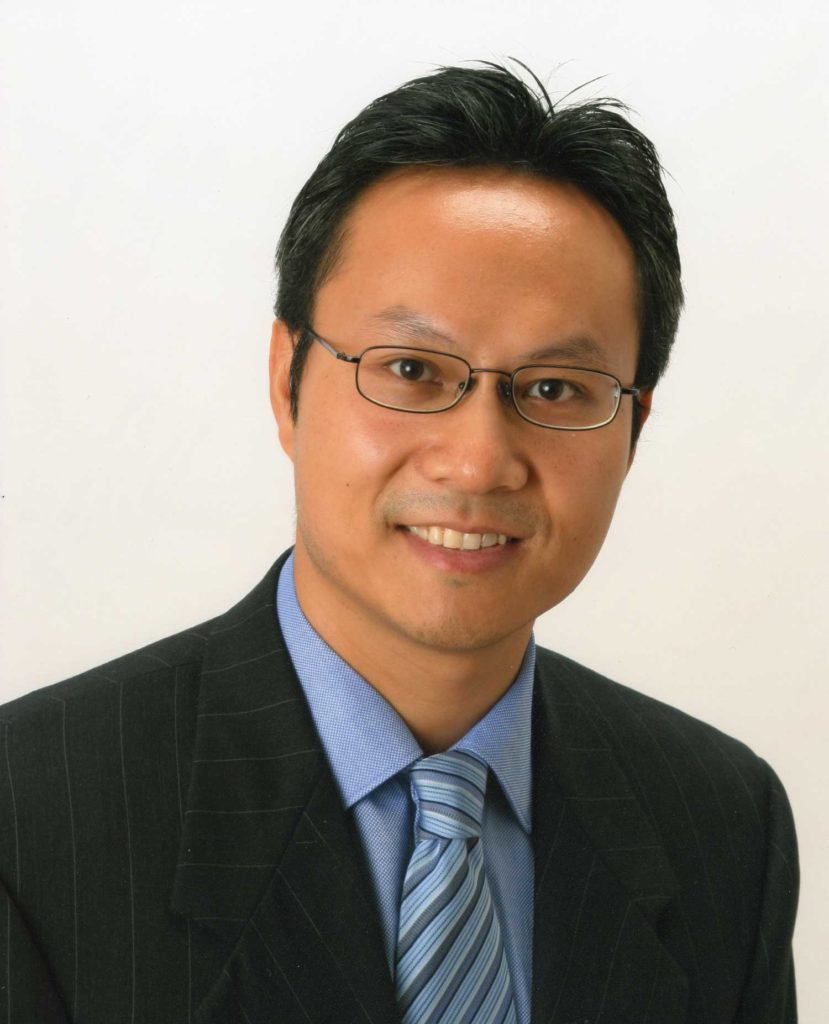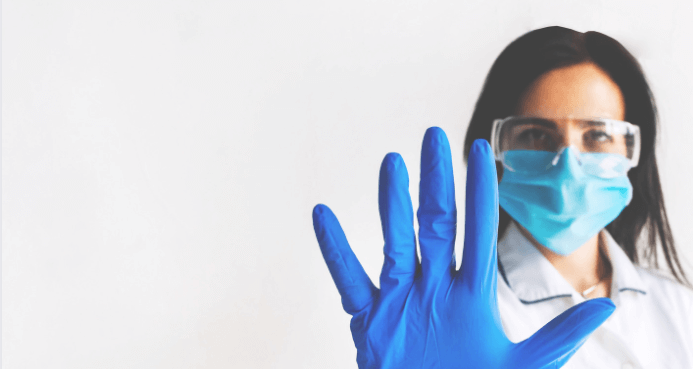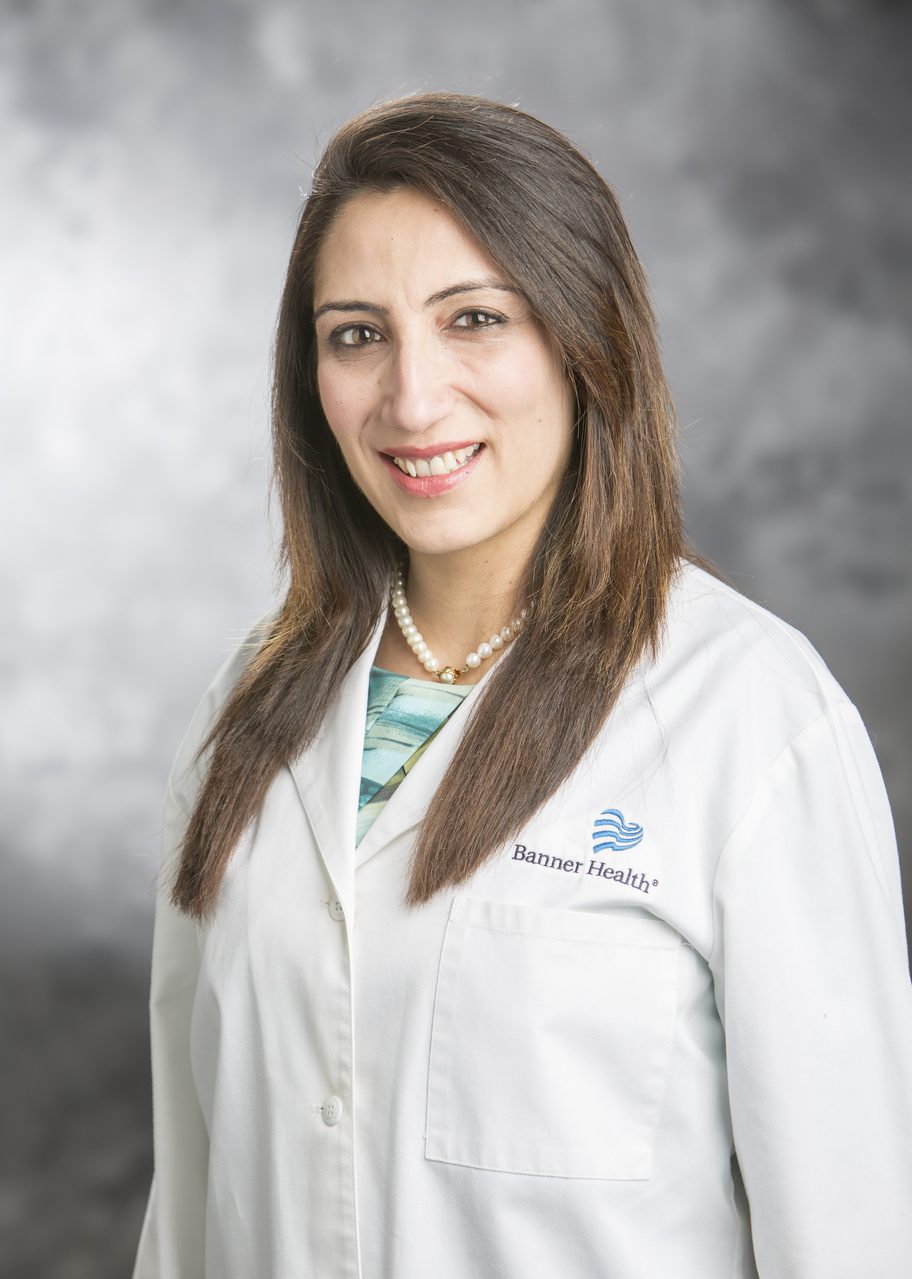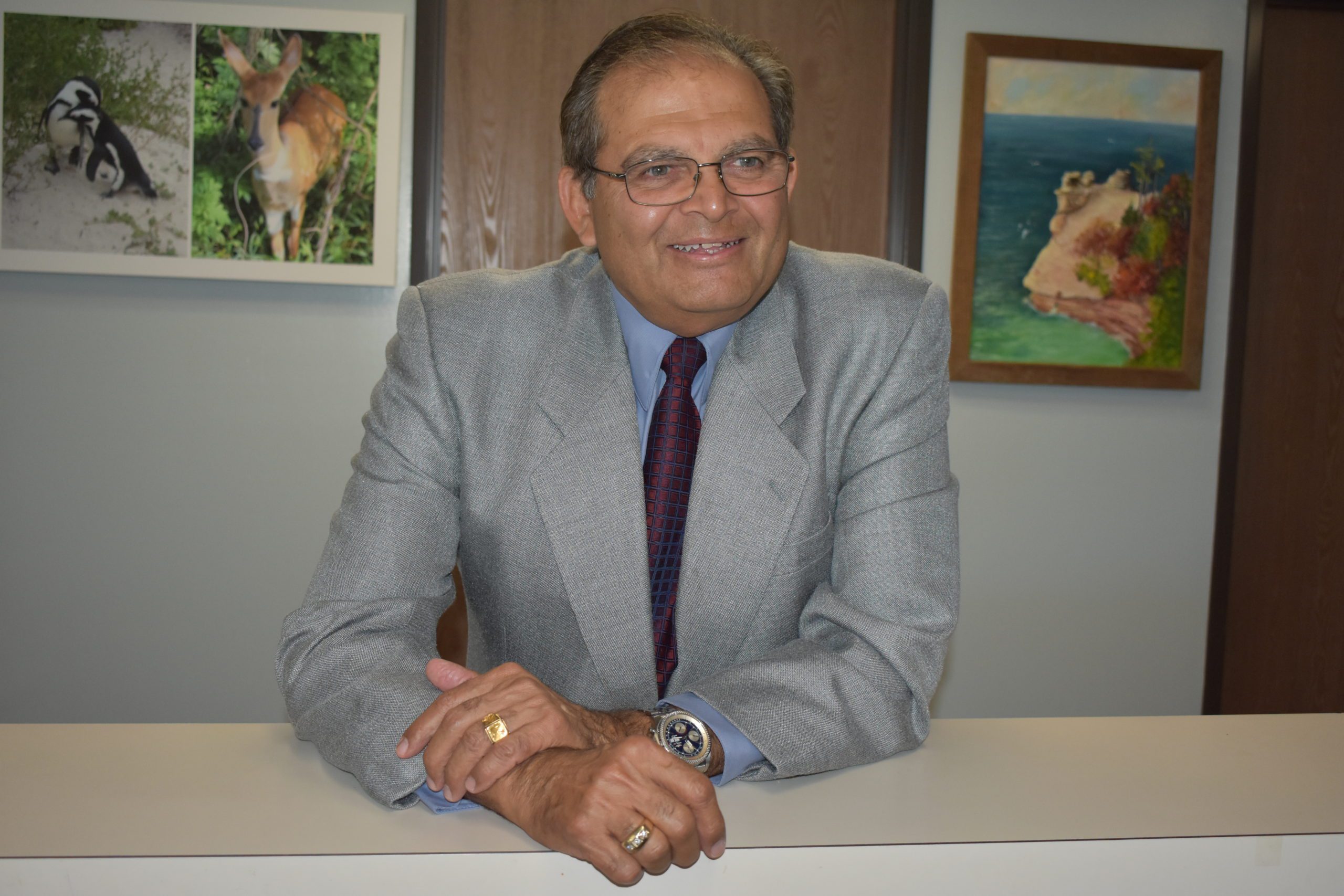The COVID-19 pandemic triggered an unprecedented global emergency, and healthcare professionals have responded by providing immediate care during this difficult time. As the rapid spread of the virus overwhelmed healthcare systems, altered livelihoods, and disrupted economies in many parts of the world, healthcare providers sacrificed their lives by battling the new and vicious foe. As the virus attacks indiscriminately, the victims include healthcare workers who knowingly put their lives on the line. Even without a PAPR and a proper N-95 mask, our healthcare heroes suit up every day to face the threat head-on and become exposed more than the rest of us to save those who are critically ill from the virus. As they provide care to the victims, they fight an invisible enemy and often self-isolate from their families to avoid spreading the virus. Furthermore, they try to fill the void for families who cannot be at their loved one’s bedside due to restricted visitation rights. Aside from the potential risk associated with providing care to patients, healthcare providers have adapted their workflow to isolation protocols so that victims could still enjoy human contact. They also stayed with dying patients during their last moments, holding their hands, keeping them company until the end.
Speaking about how the pandemic affects his practice, Dr. Michael Wu, a dentist in San Francisco Bay Area, disclosed to Top Doctor: “I think in terms of the day-to-day operation, it is a lot more stressful because all the staff had to multitask a lot more. Prior to the pandemic, the office staff is already well versed in sanitation and sterilization tasks. After the onset of the pandemic, the entire office team had to be retrained in order to implement a myriad of new rules. Everyone at the office has to be vigilant about the office environment in order to implement the new Covid-19 patient safety protocols.

For example, disinfection of all potential patient contact surfaces at the front office must be done after every patient. And every person entering the office must fill out the Covid questionnaire form and have the body temperature taken.”
Relating to the psychological well being of the dental Staff, Dr. Wu explained that “during the early days of the pandemic, there was a lot of conflicting information about the exact path of transmission for the Covid 19 virus. This was especially stressful to my team. Many staff members live with elderly parents or young children at home. Some of my staff members have pre-existing medical conditions, such as asthma. A few team members even contemplated leaving the dental profession altogether. It took a lot of selflessness and courage for them to come to work, because they understood the risks they are putting themselves, their family and loved ones in. Many team members had to ponder how to balance work and personal lives. Likewise, those were also the darkest and most uncertain times of my career.”

Dr. Michael Wu developed an interest in dentistry while he was in high school during a summer externship. Working alongside a dentist at a community dental center, he was delighted at how the relationship between dentist and patient develops. Dr. Wu went to UCLA for his undergraduate degree in Molecular Cell Developmental Biology. But ultimately he realized that dentistry was his true passion. It was the people-to-people interaction in dentistry rather than sitting in a lab, cultivating cells, that led to his dive into a career in orthodontics. Dr. Wu earned both his Doctor of Dental Medicine degree and orthodontist specialty certification at Harvard School of Dental Medicine.
Practicing since 2008, Dr. Wu has 12 years of experience in orthodontics, and he is currently working in group practices in the San Francisco Bay Area. While narrating his experience during the pandemic, he said: “It definitely impacts dentistry in several ways, especially when it comes to the dental specialty of Orthodontics. Typically, the orthodontist sees a higher volume of patients than general dentists on a daily basis.
Prior to the pandemic, I would see an average daily volume of 50-60 patients, but right now, we had to scale down for safety reasons. We want to make sure there is adequate spacing between the patients in the treatment area.” He explained further how they enforced the social distancing rules at his practice: “…as a matter of fact; we don’t have patients in the waiting area. We usually tell patients to wait in their car in the parking lot. Once space becomes available in the treatment area, then we message the patient to come into the office. We try as much as possible to discourage patients from getting crowded in the waiting area and limit patients to two or three in our treatment area at any one time. All this means that the office must be even more efficient at time management compared to pre-pandemic days.”
Even before the Covid-19 pandemic, dentists wore masks and gloves when dealing with patients, which placed them in a good safety position when the pandemic hit. Dr. Wu explained that dentists practiced Universal Precaution since the 1980s in the wake of the AIDS epidemic. There was a lot of concern from the patients and the general public that they could potentially contract HIV from health care providers, such as dentists. These public concerns were ultimately proven to be unfounded, thanks in part to the successful implementation of the Universal Precautions, which required use of personal protective equipment (PPE) by dentists. However, what changed during the current pandemic, is that anyone can be infected with the Covid 19 virus as a result of respiratory transmission. Whereas HIV is more likely to be transmitted through bodily fluid contacts. “There is definitely a lot more concern regarding getting Covid 19 virus, so we had to make sure that every staff member follows the updated universal precautions, including the use of N95 masks and social distancing amongst not only the patients, but also the Staff. Break room is no longer a place where Staff members can congregate and eat lunch together.”

While discussing the pandemic challenges, Dr. Wu told us that many healthcare professionals were nervous about going to work, but that they had to be strong and support the patient’s well-being: “I would say that I am really proud of my team.
Even though most of them have been in the dental industry for a long time, in terms of their duties, it is definitely more complex than before. Overall, they have been handling it pretty well. As time went on, it just became a normal part of everyday routine, but I think it adds more stress to the daily work schedule. Despite our own personal worries, we still have to appear calm and composed inorder to instill confidence in our patients. We really want patients to feel safe and well cared for when they enter our office for treatment.”
Although healthcare professionals scrambled to take charge when the virus hit, Dr. Wu recalled the state and federal regulators’ lack of clarity. He said: “When the CDC recommended PPE protocols, they were looking at it from the hospital point of view, like what should they do for best practices in the ER and ICU settings. And I don’t think there are many dentists on the panel at federal and state health agencies. I think we are trying to adapt our dental offices to a medical hospital standard when it comes to occupational safety. I think it makes it expensive for us to order a lot of equipment that may not be necessary within our practice setting, and at the same time, a lot of those resources could be better saved for the hospitals that really needed them. That is one thing I always struggle with. I wish that the state regulators can be better informed and provided narrower guidelines targeting the specific medical and dental fields, rather than just paint everybody with the same brushstroke and say ‘because the doctors in the intensive care unit needed certain PPE and equipment, and there is a shortage of those medical supplies, so we are going to mandate the closure of all orthodontic and none urgent care dental offices.”
Speaking about the pandemic’s solution, Dr. Wu shared that the vaccine will definitely slow the pandemic and lessen the economic and public health tolls. To reach that goal, he also concluded that technology is an essential part of the solution. While some healthcare providers were moving to some aspect of Teledentistry even before the pandemic, “…actual treatments are still done in person. In terms of orthodontic emergencies or questions, a lot of those can be effectively addressed through secure encrypted emails or one on one zoom call with the patient to demonstrate to them how to take care of a bothersome orthodontic wire for example,” he explained. “Teledentistry will continue to be a major part of dentistry going forwards.”

Dr. Wu continued by explaining how the current pandemic will render physicians and medical personnel more prepared for future outbreaks: “The other aspect of the solution to any future pandemic is related to the learning experience we are going through in the current crisis. For example, in places like Korea, Taiwan, Hong Kong, etc. they went through the SARS outbreak in the early 2000s. Partly as a result of their experience during the SARS outbreak, many locals in those regions routinely wear masks in public prior to the current pandemic. I think wearing masks in public, as a socially acceptable behavior, is part of the reason why they are better able to contain the spread of COVID-19 virus. If there is one thing that we can take away from this Pandemic is that our state and local agencies must develop effective public health recommendations to better deal with or even prevent the next viral outbreak.”
Dr. Wu has gotten himself vaccinated against Covid 19 virus, and encourages his entire dental team to do the same. He wants the general public to be aware that as dentists and doctors, they are ready to go the extra mile to keep people healthy. “We want to make sure that the patients are safe when they come into our offices, and we want to make sure that they are happy with their smile when they leave our offices.” Although many patients are scared during the pandemic, he reminded us that healthcare providers have patients’ best interests at heart and are there to take good care of them and their families.
At TopDoctor Magazine, our mission is to foster connections within the health and wellness community, acting as a vital bridge between doctors and patients and facilitating collaborations between medical companies and healthcare professionals.
Our purpose extends to empowering our readers, providing them with the knowledge to make well-informed healthcare and lifestyle decisions.
We take pride in being the ultimate resource for interviews with health and wellness leaders, delivering trending medical news, and covering a wide range of healthy living topics.





0 Comments